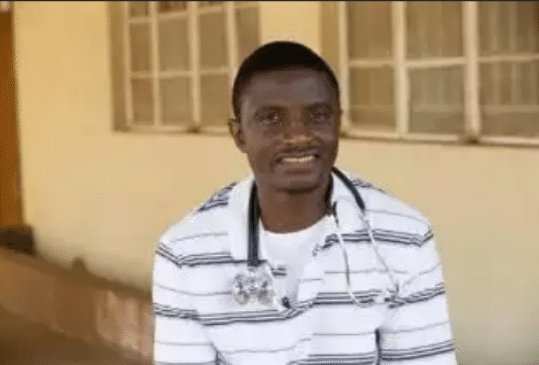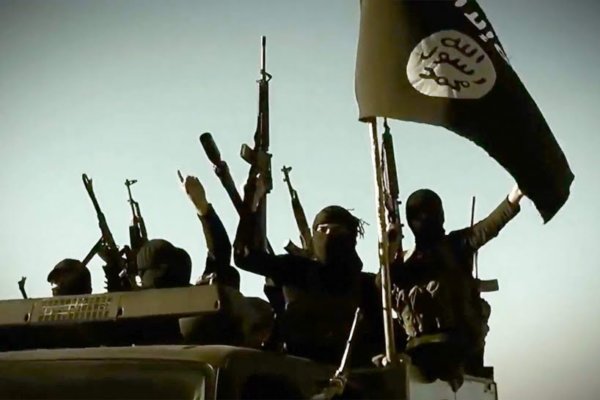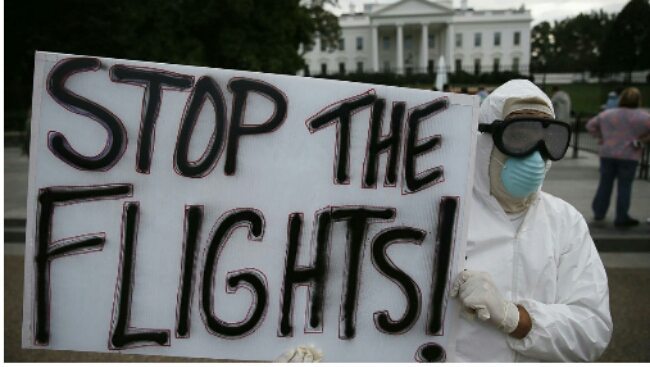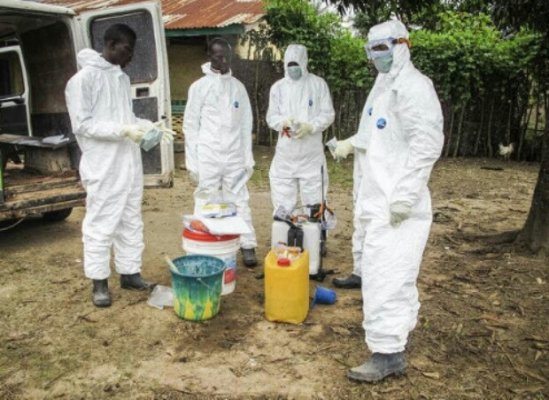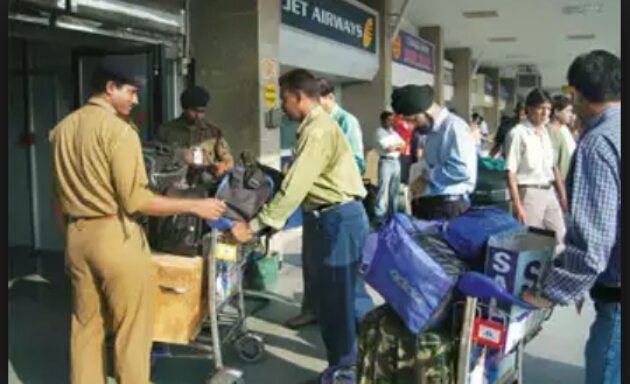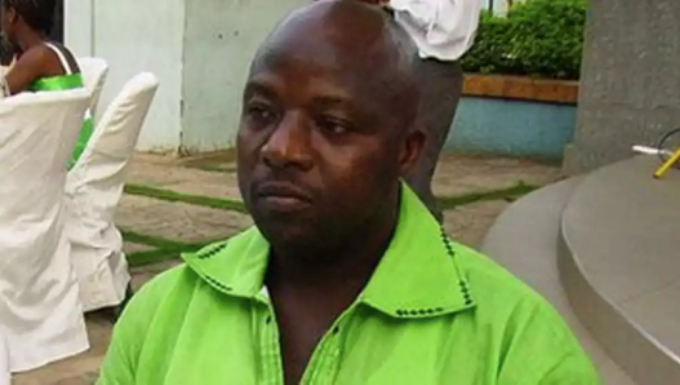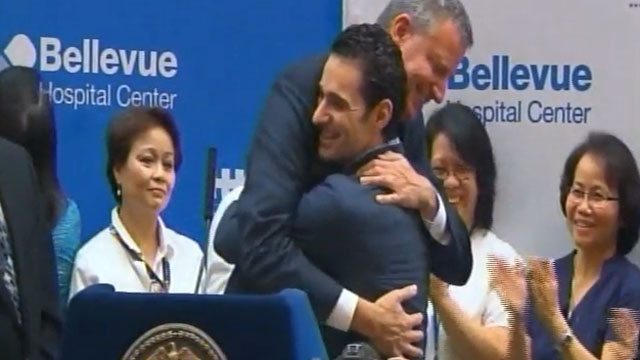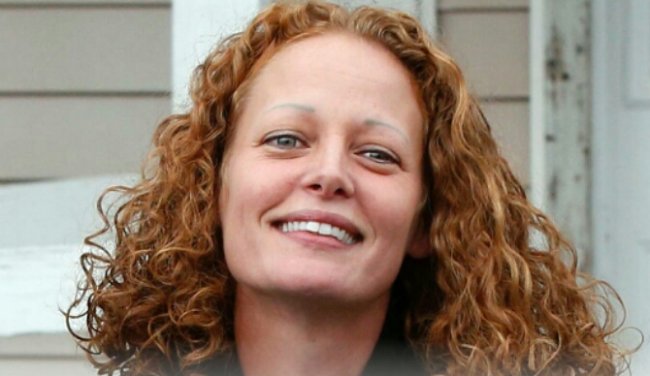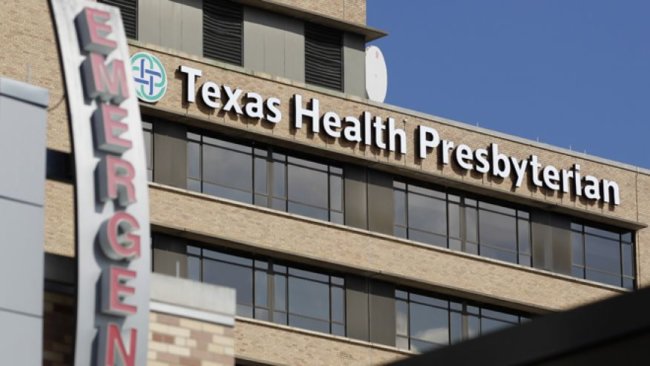A surgeon who contracted Ebola in his native Sierra Leone received aggressive treatment at a Nebraska hospital over the weekend but died Monday morning.
Dr. Martin Salia’s death is a reminder of how deadly the Ebola virus is and how important it is to receive treatment early, said Dr. Jeff Gold, chancellor of the University of Nebraska Medical Center in Omaha.
“In the very advanced stages, even the modern techniques we have at our disposal are not enough to help these patients once they reach a critical threshold,” Gold said at a news conference.
Salia, 44, was diagnosed with the virus Nov. 6. By the time he arrived at the Omaha hospital on Saturday, he was in extremely critical condition with no kidney function and severe respiratory problems.
He was placed on kidney dialysis and a ventilator, and was given several medications to support his organ systems, the hospital said in a statement. He was given the experimental Ebola drug ZMapp on Saturday and received a plasma transfusion from an Ebola survivor – a treatment that is believed to provide antibodies to fight the virus.
“We used every possible treatment available to give Dr. Salia every possible opportunity for survival,” said Dr. Phil Smith, medical director of the biocontainment unit. “As we have learned, early treatment with these patients is essential. In Dr. Salia’s case, his disease was already extremely advanced by the time he came here for treatment.”
Two other Ebola patients have been successfully treated at the Omaha hospital. Of 10 people to be treated for the disease in the United States, all but two have recovered. Thomas Eric Duncan, of Liberia, died at a Dallas hospital in October.
Salia was on day 13 of his illness when he arrived in Omaha, Smith said. The hospital’s two surviving Ebola patients arrived on day six and day eight of their illnesses.
Salia’s wife, Isatu Salia, said Monday that she and her family were grateful for the efforts made by her husband’s medical team.
